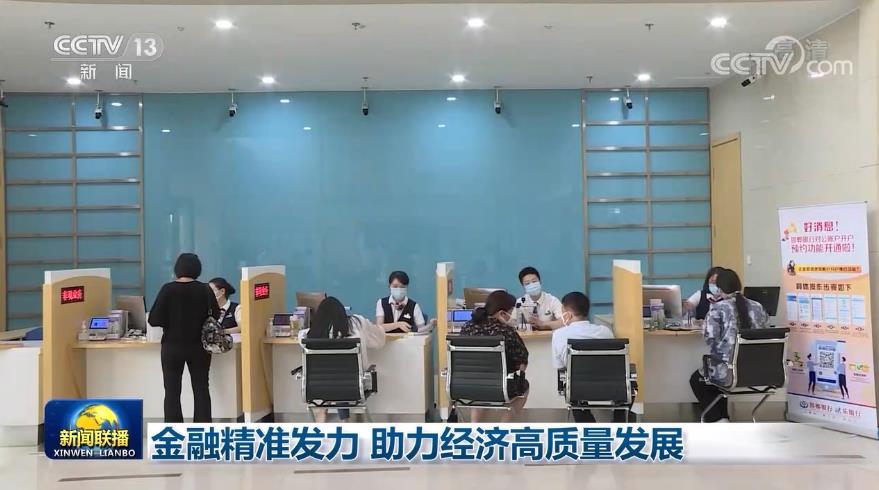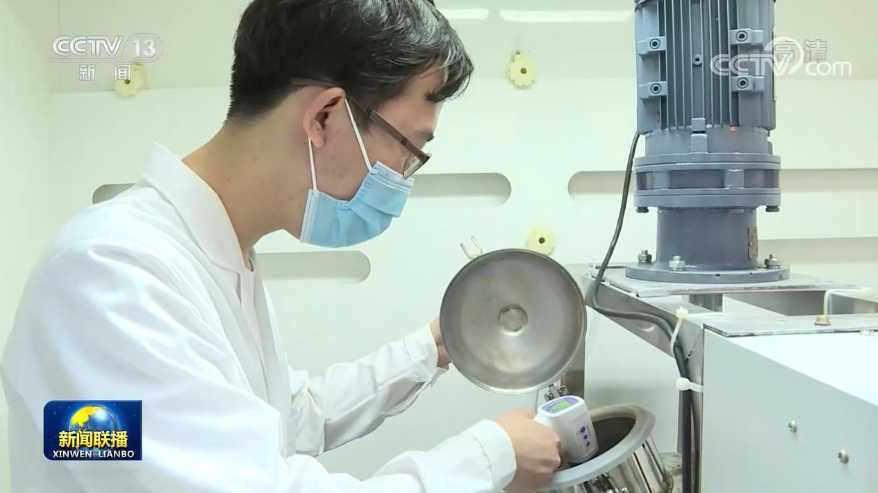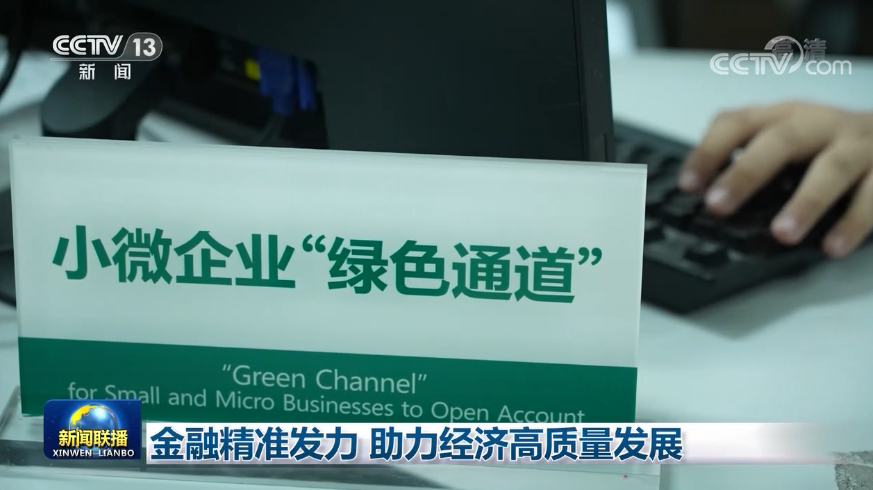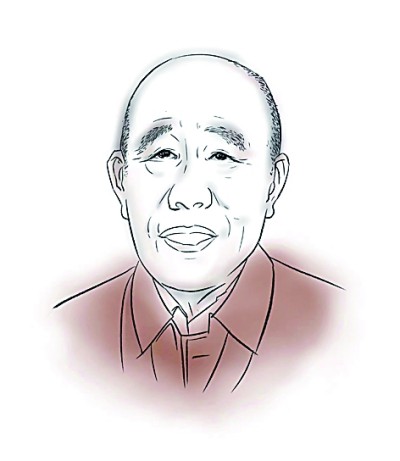Why did Changsha waste store dump the leftover bits and pieces of thousands of stores?
Recycling is hard to sell. There used to be 1,500 stores, but now there are 200: the more they are torn down, the more they are padded.
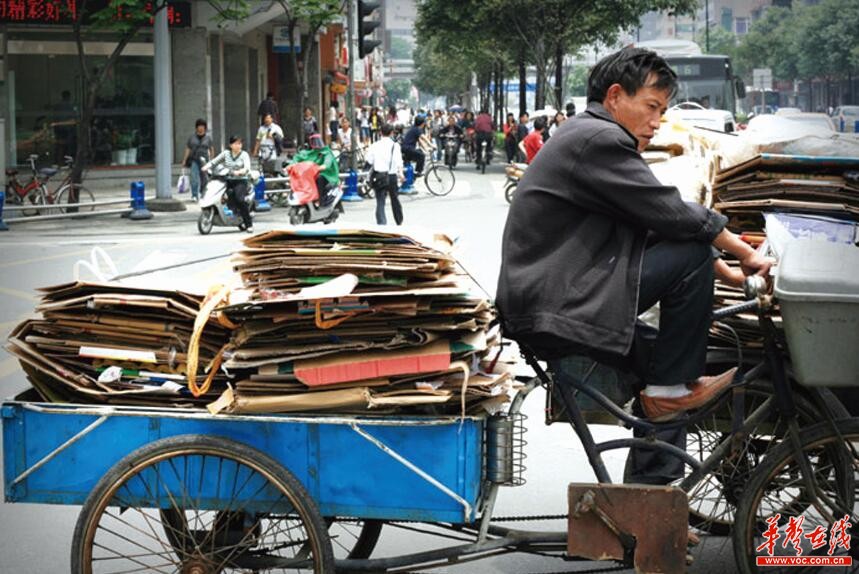
With the profit of waste recycling getting smaller and smaller, street vendors who recycle waste are becoming less and less common. (data picture)
"Waste, color TV refrigerator washing machine … books and newspapers … beer bottles …"
Hearing shouts coming from the alley, Wang Miao ran out. Five minutes later, the 14-year-old color TV at home changed its owner.
Half an hour later, this color TV set was sent by Lao Li to the waste recycling station in Zhushanyuan, Changsha, and sold to 80 yuan. Lao Li earned 10 yuan on this trip.
The data shows that in 2015, 1.7 million tons of waste electrical products were recycled and dismantled in China, with an output rate of 98.2% and an economic value of 4.95 billion yuan. However, when the reporter visited the recycling destination of used household appliances, he learned that the number of waste materials recycling shops in Changsha has been greatly reduced, and now there are only more than 200. Moreover, qualified waste household appliances dismantling enterprises are also facing a series of problems such as difficult recycling and difficult capital operation. ■ Trainee reporter and Tingting
survey
Profits fell, and waste shops in Changsha dropped sharply.
On the afternoon of August 13th, the reporter went to Zhushanyuan Waste Recycling Station where Lao Li resold color TV sets, and found that the site of nearly 20 square meters was filled with plastic and some old household appliances, and the carefree and boring proprietress was dressing up.
"It has been open for more than ten years, and now even the children can’t afford to study. My husband has already switched to the construction site as a temporary worker." When it comes to business, the proprietress has some complaints.
"I feel that business is getting worse every year, and now many waste shops are closed." Wife of shop-owner looking at the outdoor sun, some low tone.
"There are indeed many closures. At present, there are only more than 200 waste recycling shops in Changsha." Zhou Wei, secretary-general of Changsha Renewable Resources Recycling Association, said that around 2009, there were more than 1,500 waste recycling shops in Changsha at the peak.
It is understood that the reason for the closure of many waste recycling shops is the serious decline in profits. Boss Liu of the recycling station of renewable resources in Maojiaqiao Lane has been engaged in this line for many years. "I used to collect three plastic bottles for one dime, but now I can collect six. What do you think?"
Profits have declined, but daily expenses such as rent and labor have increased year by year. Unsustainable bosses can only change careers or close their doors.
In the investigation and interview, the reporter learned that many recycling shops simply disassemble the used household appliances that arrive at the store or send them to individual small workshops for disassembly, and most of them are resold to the second-hand household appliances market, and the profit margin can be imagined. "There are only a few people, so how can we have the energy to make a fine disassembly?" Boss Liu said frankly.
In fact, waste household appliances have huge invisible wealth. Data show that from 2012 to 2015, nearly 200 million sets of discarded electrical and electronic products were recycled in China, and 195 million sets were dismantled. Among them, in 2015, 1.7 million tons of waste electrical products were dismantled, and the output rate was as high as 98.2%.
In addition to waste stations and small individual workshops, many enterprises also took a fancy to this piece of cake, and some enterprises specializing in dismantling came into being. There are four such enterprises in Hunan. "Last year, the number of waste’ four machines and one brain’ theoretically produced in our province was about 2 million units, and these four enterprises dismantled about 4 million units. They digested most of the waste household appliances in our province." Zhou Wei said.
However, these qualified formal dismantling enterprises have also encountered difficulties. Zhuzhou Kaitian Environmental Protection Technology Co., Ltd. is one of the four qualified dismantling enterprises in Hunan, with an annual dismantling capacity of about 800,000 units. Li Jun, the company’s new business development department minister, was deeply touched. "There are more and more scrapped household appliances dismantled, but less and less money is made."
question
The more demolition, the more the enterprise advances.
"At present, the recycling price of a waste household appliance is around 80 yuan, and the management and dismantling cost is 25 yuan, and the total expenditure cost is about 105 yuan. Dismantling a home appliance can probably generate value around 35 yuan, plus the fund subsidy around 75 yuan, and the profit of each home appliance is probably above 5 yuan. " Li Jun calculated an account.
But this is only an ideal account book.
"Our dismantling subsidies in the third and fourth quarters of last year have not yet been put in place, so the company has been paying for it." Li Jun said.
According to Li Jun, an enterprise with an annual dismantling capacity of 1 million household appliances needs to pay about 40 million yuan in advance for the fund subsidy of 75 yuan, excluding the dismantling value of 35 yuan. "In addition, enterprises will still have some stocks, and the basic amount of funds will be around 40 million to 50 million."
"Now there are three mountains on the head of our dismantling enterprises. The first mountain is the continuous decline in the prices of bulk commodities. Second, the price of recycling keeps rising. Third, with the massive dismantling in recent years, the amount of used household appliances has gradually decreased. " Zhou Jun, general manager of Hunan Wanrong Technology Co., Ltd. said.
trace to the source
What is the crux of the problem ?
The recovery system is not perfect
What is the crux of the recycling of used household appliances?
Zhou Wei introduced that China’s fund subsidy policy is biased towards the management and subsidy of dismantling enterprises, but it does not set certain thresholds or requirements for circulation links such as waste stations at the front end. Therefore, it can be collected by walking the streets and lanes, and three or two sets can also be collected, and the recycling price is also difficult to control.
Moreover, the policy model of domestic fund subsidies is borrowed from foreign countries. However, abroad is an extension of producer responsibility system and consumer responsibility system, and not only producers but also consumers have to pay for the disposal of used waste household appliances. However, there is still a lack of consumer responsibility system in China, and residents’ treatment of used household appliances is sales, and whoever bids high will sell it to them.
"In the 1970s and 1980s, recycling enterprises were state-owned, and they had a complete system. Nowadays, recycling enterprises are private, and their fundamental attributes are profit-seeking, big profits, small profits, and no profits. So far, the domestic recycling system has been imperfect. " Zhou Wei said.
suggestion
Transformation and upgrading
Self-built recycling channel
Zhou Jun said that in the face of the current difficult recycling situation, enterprises need to be deep and refined at the front end, build their own recycling channel system and increase recycling efforts.
"The imperfect recycling system has restricted the development of many waste electrical appliances dismantling enterprises in the province. Two years ago, one or two of the 10 discarded electrical appliances dismantled by the company were recycled through its own channels, and now the proportion has increased to 7-8. In this way, the industrial chain can be moved forward ecologically. On the one hand, it reduces circulation links to avoid scalpers raising prices, on the other hand, it can guarantee the quality of home appliances. " Zhou Jun said.
Tang Qinqin, president of the Provincial Chamber of Commerce for Household Electrical Appliances Industry, believes that a rental platform for household electrical appliances can be established, and the whole process of product sales-reservation-installation-maintenance (-subletting)-recycling-dismantling-scrapping can be completed on this platform, so as to realize the full integration of electronic products from factory to scrapping. This can not only ensure the whole process of product control, but also reduce circulation links and save costs. In addition, the form of leasing is also conducive to improving the reuse rate of products and promoting the recycling of resources.
